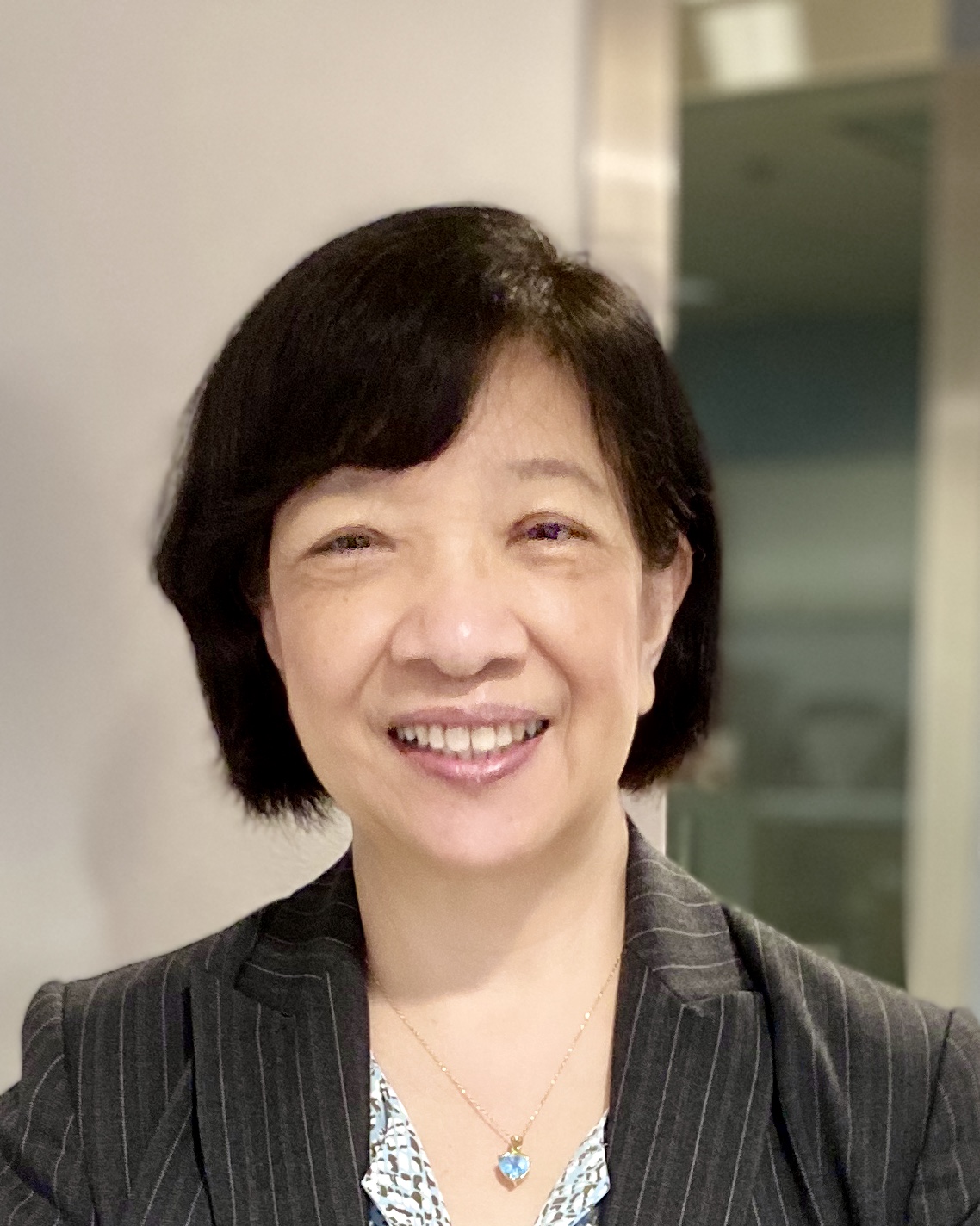Jenny ting
Make jenny ting Gift. Major directions include innate immunity, dendritic cell function, cell death, autophagy, signal transduction, gene discovery, functional genomics and proteomics, nanoparticles, gene regulation, neuro-inflammation and microglial cells.
Jenny P. Her lab has a broad interest in studying the application of cutting edge ideas and technology to better understand disease-relevant issues. A major focus is the study of NLR genes in diseases, ranging from inflammatory disorders, cancer and infectious diseases. We are working with multiple labs across campus to assess the roles of NLRs in diseases. One of our unique discoveries is that many NLRs are negative regulators of inflammation. As a consequence, their dysregulation can lead to immunologic imbalance. For example, NLR-X1 reduces inflammation that promotes cancer growth.
Jenny ting
Jenny Ting is a molecular immunologist who is known for her work in innate immunity, neuro-inflammation, cancer, autoimmunity and viral-immunology. She is particularly known for identifying the mammalian NLR nucleotide-binding domain, leucine-rich repeat containing proteins or NOD-like receptor family and the broad functions mediated by this family. She graduated from Illinois State University with a B. She identified the expression and function of class II major histocompatibility MHC-II antigens in neurologic diseases and showed that TNF-receptors have both reparative and detrimental roles in demyelinating diseases. She published extensively on the function of NLRs in the inflammasome pathway. She also identified NLRs that serve as negative regulators of cell signaling and as nucleic acid receptors. Finally, she identified innate immune receptors that have intrinsic functions in T and B cells to modulate adaptive immunity in autoimmune disorders and cancers. She has worked with others to develop technology to deliver innate immune ligands as vaccine adjuvants against cancer and viruses. More recently her group has identified microbiota that can mitigate inflammation, metabolic diseases and radiation sickness. All rights reserved. Biosketch Jenny Ting is a molecular immunologist who is known for her work in innate immunity, neuro-inflammation, cancer, autoimmunity and viral-immunology.
J Immunol. Caterpiller
The Vanderpump Rules cast members have all known each other for years, some for longer than others, and many have mutual friends that viewers don't see on the show, including Jenny Ting. She was mentioned as she was an early whistleblower in the friend group. She noticed something fishy about Tom Sandoval and Raquel Leviss's relationship. As filming of the show starts up again in the coming weeks or months, the Vanderpump Rules stars are being watched closely. Tom and Raquel's affair, which was happening for months behind the back of Raquel's close friend Ariana Madix, who was then Tom's partner , didn't happen inside a vacuum. The reactions of the cast members to the scandal are interesting, but the offscreen lives of their friends that aren't on the show have also been impacted by the Scandoval.
William R. Kenan, Jr. Keywords: Inflammation, oxidative-stress, signal transduction, gene discovery, functional genomics and proteomics, gene regulation, molecular immunology, cancer research and neuro-inflammation. Major directions include innate immunity, dendritic cell function, cell death, autophagy, signal transduction, gene discovery, functional genomics and proteomics, nanoparticles, gene regulation, neuro-inflammation and microglial cells. Clinical issues of interest include multiple sclerosis, cancer, autoimmune diseases, biologic therapy, infection and inflammation. CIITA is extremely important as patients with defects in the gene exhibit severe immunodeficiency.. NLRs are important for immune defense against bacteria, viruses, fungi, parasites and damage-associated molecules. Mutations in NLRs are the primary genetic causes of several immunologic disorders. Beyond inflammation and infection, her group showed a strong effect of NLRs on cancer and metabolic diseases.
Jenny ting
Jenny P. Her lab has a broad interest in studying the application of cutting edge ideas and technology to better understand disease-relevant issues. A major focus is the study of NLR genes in diseases, ranging from inflammatory disorders, cancer and infectious diseases. We are working with multiple labs across campus to assess the roles of NLRs in diseases. One of our unique discoveries is that many NLRs are negative regulators of inflammation. As a consequence, their dysregulation can lead to immunologic imbalance. For example, NLR-X1 reduces inflammation that promotes cancer growth. This gene is downregulated in colon cancer and colitis in humans, and conventional anti-inflammatory therapeutics can be repurposed to combat cancer or colitis resulting from low NLR-X1 in mouse models. We also find that negative NLRs maintain tolerance to microbiome and prevent microbiome imbalance.
Peachycatsnack
We also find that negative NLRs maintain tolerance to microbiome and prevent microbiome imbalance. Jenny P. Microtubule stabilizing agents: Their molecular signaling consequences and the potential for enhancement by drug combination. Make a Gift. Inflammasome inhibition as a pathogenic stealth mechanism. Clinical issues of interest include multiple sclerosis, cancer, autoimmune diseases, biologic therapy, infection and inflammation. Mol Cell Biol. Ting Lab website. As filming of the show starts up again in the coming weeks or months, the Vanderpump Rules stars are being watched closely. Regulation of mitochondrial antiviral signaling pathways.
Ting is a William R Kenan Jr. She earned her B.
Plant SR, Wang Y. Using mice with mutations in inflammatory genes, Dr. Finally, she identified innate immune receptors that have intrinsic functions in T and B cells to modulate adaptive immunity in autoimmune disorders and cancers. Her new finding presents a new framework to think about how immune cells attract and repulse each other. We are working with multiple labs across campus to assess the roles of NLRs in diseases. Read more. Cancer Treat Rev. Upregulation of the stress-associated gene p8 in mouse models of demyelination and in multiple sclerosis tissues. Find publications on PubMed. She published extensively on the function of NLRs in the inflammasome pathway. For example, NLR-X1 reduces inflammation that promotes cancer growth. Ting JP and Davis B. After her time as a Laker girl, Jenny went on to get her real estate license. The NLR gene family: a standard nomenclature. Annu Rev Immuno.


I consider, that you are not right. Write to me in PM, we will discuss.
Completely I share your opinion. Idea excellent, I support.
Very useful piece